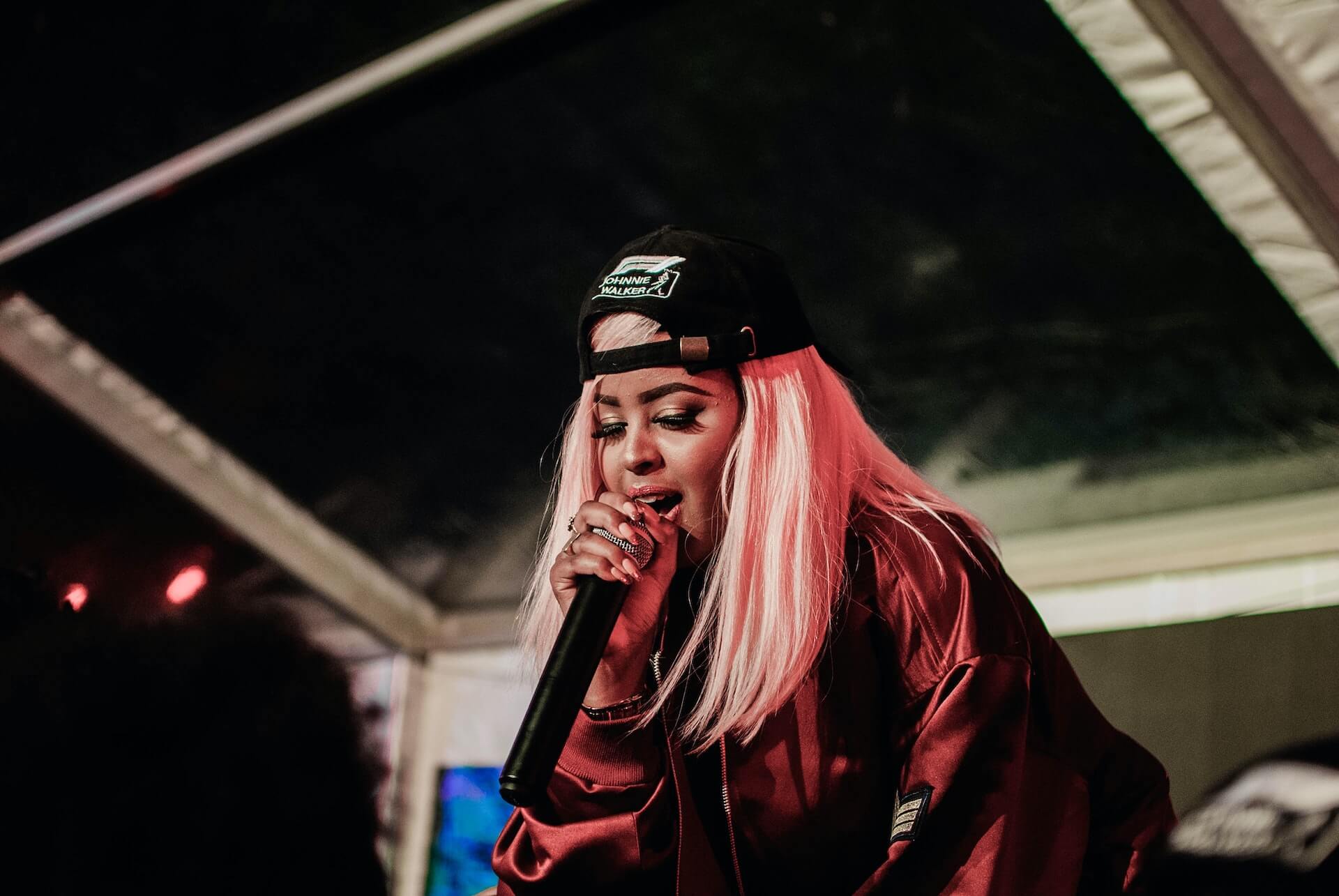Blog
Is it ever worth leasing beats?
What is a leased beat?
Leasing a beat is exactly what it sounds like. You pay a producer to use their beat for a limited amount of time. The producer may lease the same beat to other people.Beat leasing limitations
Whatever you create with your leased beat, without exclusive rights you won’t be able to exploit your art as you see fit. Non-exclusive licenses are valid only for a few years and provide limited user rights. At some point in time, you’ll have to contact the producer and negotiate an extension; if you don’t, you could get into trouble.The reason a beat is cheap is usually because it doesn’t come with exclusive rights. You’re just leasing it temporarily, and the producer can still sell the beat to other artists. You’re also limited in your use of the beat: Perhaps you can’t release the song on streaming platforms; maybe you can, but only up to a certain number of streams/sales and for a limited time.
What’s almost always forbidden is the monetization of tracks on YouTube. Their powerful content ID system means that if multiple artists use the same beat, ownership conflicts will automatically be flagged.
Similar conflicts can come up when you make your song available on Facebook or Instagram. In both cases, you should abstain from uploading if you don’t have exclusive rights.
Legal issues
There are many legal issues to take into account to ensure that the transaction is done properly and that all parties involved are properly compensated.When purchasing an instrumental track or beat, the first question is whether it’s being leased or sold. Next, is the deal for an exclusive or non-exclusive license? Typically, when a creator leases a beat, they grant the right for the beat to be used and for finished works containing the beat to be reproduced, sold, or otherwise utilized for a specified period of time only.
The leaser generally does not receive the exclusive and indefinite right to utilize the beat. And the creator can usually still resell the same instrumental to others. If the leaser wants to keep exploiting the recording that contains the beat, they’ll have to enter into an additional agreement with the creator after the initial lease expires.
How can you avoid beat leasing issues?
Check the licensing terms prior to purchase, and unless you’re confident with legalese, hiring a lawyer could save you tons of time and money, especially if your tune blows up and/or you get a copyright claim.To sidestep the leasing issue entirely, you can always buy the beat outright, with copyright, publishing, and master rights. This way, you won’t ever be faced with the issues described above. This is offered by platforms such as Beathunterz, who facilitate a non-disclosure agreement and transfer 100% of all rights to the beat.
